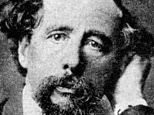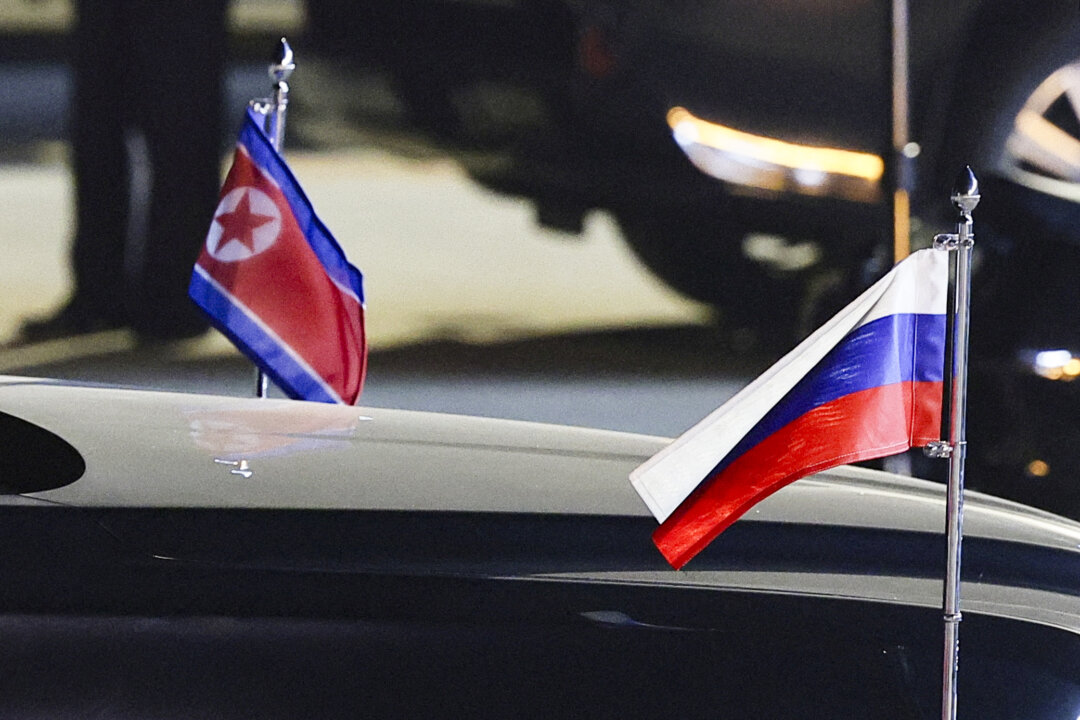URGENT UPDATE: The University of Manchester has just announced that Charles Dickens, one of Britain’s most celebrated authors, is being labeled a racist due to his 1851 essay criticizing Chinese society. This controversial move comes as the university seeks to address concerns regarding the article’s views, which it claims reflect “racist attitudes” against Chinese people.
Students enrolled in an English Literature module titled Victorian Rights: Victorian Wrongs have been cautioned about reading the essay, co-authored with poet Richard Horne. The university encourages any undergraduates feeling uneasy about the content to discuss it with course tutors. This advisory is particularly notable given that the university hosts around 9,000 students from mainland China.
Critics have reacted strongly, branding the warning as “historically illiterate” and accusing the university of prioritizing financial ties with China over academic integrity. The backlash escalated following a separate incident at Sheffield Hallam University, where an academic faced pressure from Chinese authorities to halt research into human rights abuses in China.
The 1851 essay, titled The Great Exhibition and the Little One, contrasts Western civilization’s perceived superiority with what Dickens described as a stagnant and backward China. It praised England for its global commerce while criticizing China for “coming to a dead stop.” Dickens’ views are now under scrutiny, raising questions about how historical perspectives are taught in modern academia.
Frank Furedi, an emeritus professor of sociology at the University of Kent, commented on the situation, stating, “Highlighting the economic and political superiority of the West in the middle of the 19th century was a self-evident fact.” He continued, “What we should worry about is not so much Dickens’ views but the historical illiteracy of the University of Manchester’s sensitivity police.”
Adding to the complexity, the University of Manchester operates the Confucius Institute in collaboration with Beijing Normal University. This relationship has raised eyebrows, especially after the UK Government restricted the university from licensing technology to a Chinese company over national security concerns.
Lord Young, founder of the Free Speech Union, has called for transparency regarding foreign funding dependencies at universities, citing this episode as a critical example. He urged Bridget Phillipson to implement the clause in the Higher Education (Freedom of Speech) Act that mandates universities disclose such ties.
A university spokesperson defended the institution’s stance, stating, “Our approach to teaching and research is guided by academic integrity and intellectual curiosity – not by any external relationships or partnerships.”
As debates around academic freedom and historical context continue to unfold, the University of Manchester’s actions reflect a growing tension in academia regarding how past figures are perceived through a modern lens. The implications of this controversy resonate far beyond the classroom, impacting how history is taught and understood in today’s global environment.
Stay tuned for more updates as this story develops.







